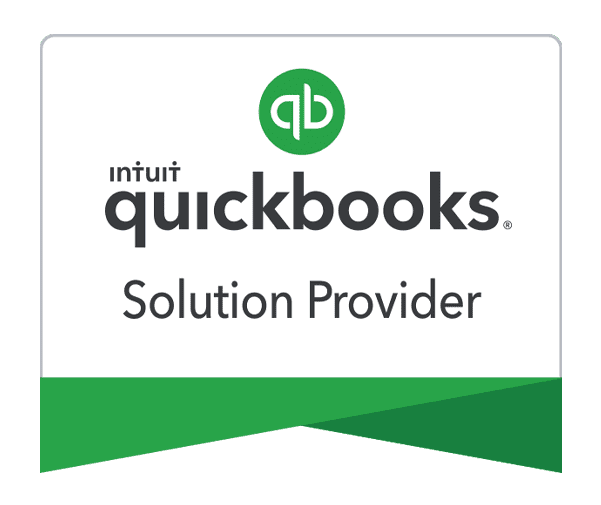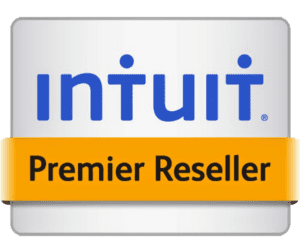Compliant Surcharging or Dual Pricing: Navigating Credit Card Processing Fees in B2B Payments

Paygration, Inc.
Nowadays, managing the cost of accepting payments is a major concern for companies striving to optimize their cash flow and operational efficiency. As credit card usage becomes increasingly prevalent in B2B transactions, businesses are actively seeking strategies to mitigate the associated processing fees. Two prominent approaches have emerged: compliance surcharging and dual cash discounting.
This article delves into the nuances of each method, offering a detailed comparison to aid businesses in making an informed decision. Furthermore, we will explore how integrating payment processing with accounting software like QuickBooks, Xero, and Accounting Suite can streamline this aspect of your operations, and highlight the value of a free consultation with a payment expert.
Understanding Compliance Surcharging
Compliance surcharging involves adding a fee to transactions when customers opt to pay with a credit card, aimed at covering the cost of processing that payment. This method is particularly relevant in the B2B space, where transaction values can be significant, and consequently, so can processing fees.
Pros
- Direct Cost Recovery: Enables businesses to recover the exact cost of credit card processing fees directly from the customer who chooses to use this payment method.
- Regulatory Compliance: Adhering to strict guidelines ensures transparency and fairness, maintaining customer trust.
Cons
- Regulatory Navigation: Businesses must meticulously comply with card network regulations and state laws, which can vary and change, adding complexity to operations.
- Potential Customer Deterrent: Some customers may be dissuaded by surcharges, potentially affecting sales and customer relationships.
Learn how to streamline surcharging while remaining compliant.
Exploring Dual Cash Discounting
Contrastingly, dual cash discounting incentivizes customers to pay through means other than credit cards by offering a discount. This strategy is framed positively, as it rewards customers for using less costly payment methods from the merchant’s perspective.
Pros
- Simplicity and Favorable Perception: Less regulated than surcharging, it’s simpler to implement and is generally viewed positively by customers as they receive a discount.
- Incentivizes Cheaper Payment Methods: Encourages customers to use payment methods that are more cost effective for the merchant.
Cons
- Reduced Revenue on Non-Credit Transactions: Offering discounts on other payment methods can slightly reduce the transaction value.
- Operational Adjustments: Businesses need to adjust their pricing strategies and systems to accommodate dual pricing.
Examples and Practical Application
Imagine a B2B supplier, ABC Supplies, that regularly transacts with large and small businesses, offering office supplies. If ABC Supplies processes a $10,000 order, the credit card processing fees could easily amount to several hundred dollars. Under a compliance surcharging model, ABC Supplies would add a fee to cover this cost directly to orders paid via credit card. Conversely, under a dual cash discounting model, they might offer a 2% discount for payments made via ACH transfer or check, incentivizing customers to choose a cheaper payment method and indirectly covering their processing costs.
Integrations with QuickBooks, Xero, and Accounting Suite
To manage these strategies efficiently, integrating your payment processing with accounting software like QuickBooks, Xero, and Accounting Suite can be transformative. These integrations allow for:
- Automated Fee Calculation: Automatically calculate and apply surcharges or discounts based on the payment method, ensuring accuracy and compliance.
- Streamlined Accounting: Transactions, whether they include a surcharge or discount, are automatically recorded, simplifying bookkeeping and financial analysis.
- Enhanced Customer Experience: Offer seamless payment experiences by clearly communicating costs and discounts, improving transparency and trust.
LEARN MORE ABOUT PAYGRATION PAYMENT GATEWAY.
The Role of Free Consultation
Choosing between compliance surcharging and dual cash discounting is a decision that impacts various facets of your business, from customer relationships to financial management. Leveraging a free consultation with a payment expert can provide personalized insights tailored to your business model, customer base, and financial objectives. By calling 866-949-7267, you can explore:
- Customized Solutions: Tailored advice on implementing surcharging or cash discounting effectively within your specific business context.
- Integration Guidance: Expert recommendations on integrating payment processing with your accounting software to automate and streamline operations.
- Regulatory Compliance: Ensure your chosen strategy complies with all relevant regulations, protecting your business from potential legal complications.
Conclusion
For B2B businesses grappling with the challenge of credit card processing fees, understanding and thoughtfully selecting between compliance surcharging and dual cash discounting is crucial. Each strategy has its merits and drawbacks, necessitating a nuanced approach to decision-making. Integrating your payment processing with accounting solutions like QuickBooks, Xero, and Accounting Suite further enhances operational efficiency, providing a clear path to managing transaction costs effectively.
By availing of a free consultation with a payment expert, you can navigate these decisions with confidence, ensuring that your approach to handling credit card processing fees aligns with your business objectives and regulatory obligations.
For a free consultation, giving our payment experts a call at 866-949-7267 is the next step toward setting up compliant surcharging.
















